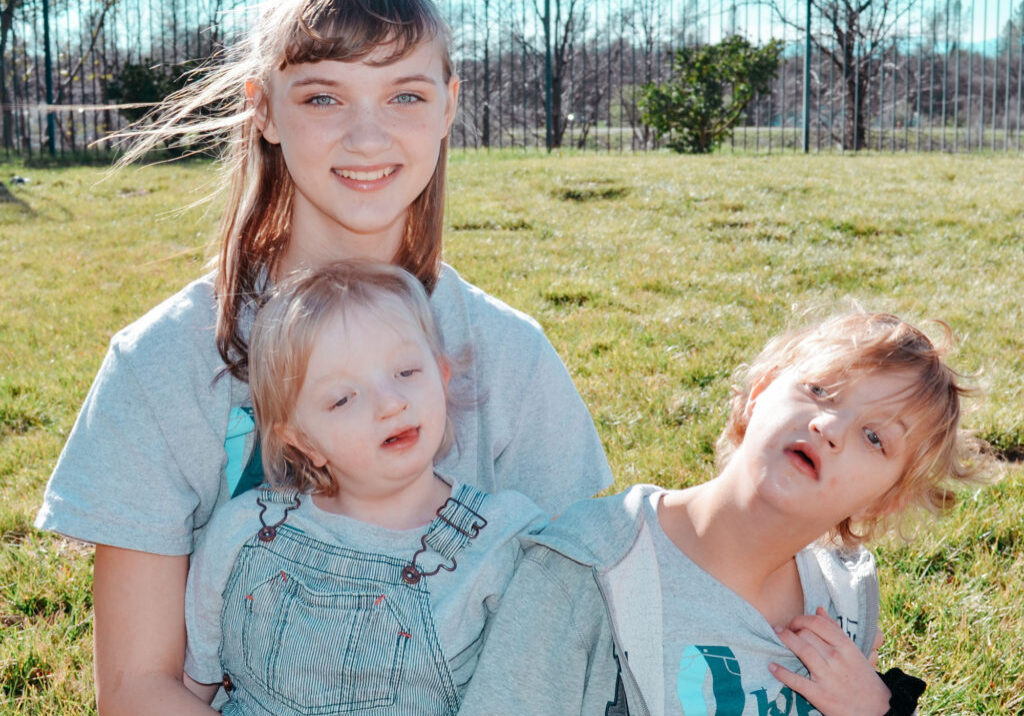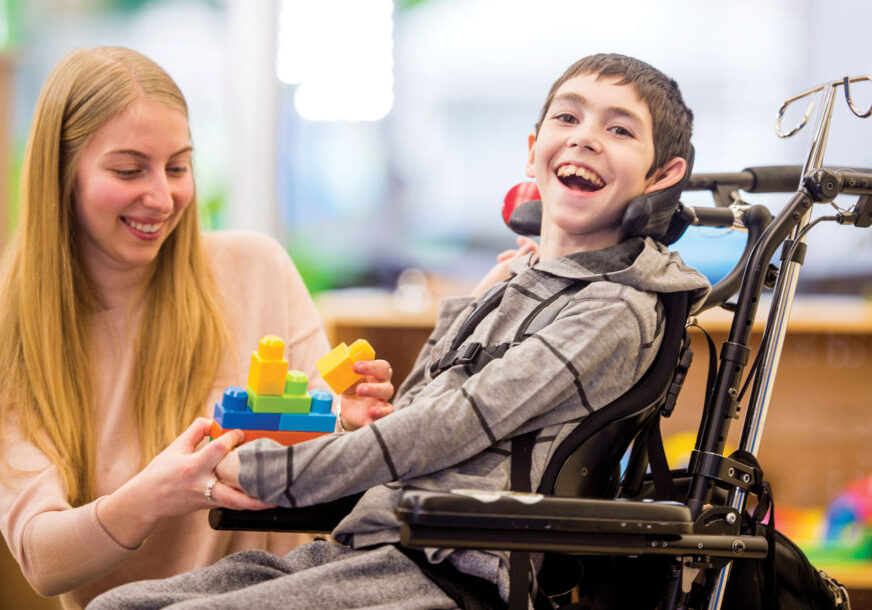As any parent or caregiver of a teenager can tell you, the onset of puberty can be a wild roller-coaster ride. It’s a whirlwind of physical and emotional changes, with plenty of social challenges thrown in for good measure. For any teen, this can be like trying to solve a Rubik’s Cube in the dark. But for those kids with developmental or learning disabilities, chronic health issues or other special needs, this time can be even more confusing and overwhelming.
Every teen experiences puberty in their own way, but for kids with different needs this phase can throw up some extra hurdles. As parents and caregivers, it’s our job to understand these challenges and be there to help our kids steer through this wild part of growing up.


Puberty is more Intense for teens with disabilities
Think of puberty as this big, complex update your body goes through. Now, for kids with disabilities, it’s as if this update is happening while there’s a bunch of other stuff going on. Their bodies might be more sensitive or react differently, making the whole puberty experience feel like a supercharged version of what most kids go through.
For kids with learning and physical challenges, understanding and coping with puberty can be a whole different ballgame because even typical puberty experiences like growth spurts or acne can become a lot more complicated. There’s also the communication aspect. Some kids with disabilities might struggle with expressing what they’re feeling or even understanding all these new changes. They may feel everything more intensely but don’t always have the ability to communicate their emotions effectively.
Strategies for helping your teen through puberty
Tackling puberty with your teen won’t ever be easy, but there are some ways you can help make this part of growing up a little smoother for them – and you! First, it’s important to keep it uncomplicated when it comes to those potentially awkward conversations. Use the language you know they will understand, and if they are a visual learner, throw in some easy-to-understand diagrams or books. These chats may need a few repeats for kids with learning difficulties, so don’t expect to cover everything in one epic sit-down. Your teen may need time to digest the information, come back with questions later or need several reminders of whatever concepts you discussed.
Depending on the level of care your child’s needs, bodily autonomy and privacy can be significant issues. It’s important to talk to your teen about their body and respect their boundaries, but also make sure they understand the importance of consent, personal hygiene and taking care of themselves. For teens who require assistance with daily care, puberty can bring up extra concerns about privacy and personal space. In California, parents have limited access to medical records once their child turns 12, so it’s crucial to have a conversation with their doctor regarding how you can navigate this so you can provide the best care possible while also respecting privacy laws.
Creating a safe and supportive environment where teens can express their emotions freely is essential. Teenagers crave independence, and kids with diverse needs are no exception. Being a good listener can sometimes be the best approach. Hear them out, answer their questions honestly and be open to their concerns.
Finally, celebrate this new chapter in their life! It’s a big deal and making a bit of a fuss can help your teen feel seen and valued. Remember, every teen’s journey is unique, and that includes teens with disabilities. So, tailor your approach and you’ll both navigate this phase just fine.
Posted in: Special Needs
Comment Policy: All viewpoints are welcome, but comments should remain relevant. Personal attacks, profanity, and aggressive behavior are not allowed. No spam, advertising, or promoting of products/services. Please, only use your real name and limit the amount of links submitted in your comment.
You Might Also Like...

What Exactly IS ADHD?
October is ADHD Awareness Month — a good opportunity to learn more about this often misunderstood condition. ADHD stands for attention-deficit/hyperactivity disorder. It’s a condition that is common in all […]

Rare Genes Day – Raising Awareness in the North State
Rare Disease Day — also known as Rare Genes Day — is a globally coordinated movement that takes place around the last day of February, and will be celebrated with […]

Dealing with Unsolicited Advice When Raising Kids with Disabilities
If you’re a parent, chances are you’ve gotten unsolicited advice from family, friends, and even strangers. If you’re raising a child with special needs, you’ve probably had people chime in […]

Summer Road Trip Tips for Families with Medically Complex or Neurodivergent Kids
School is out, which means many families will take advantage of this time to plan getaways. Traveling with young kids is always an adventure, but traveling with medically complex kids, […]



